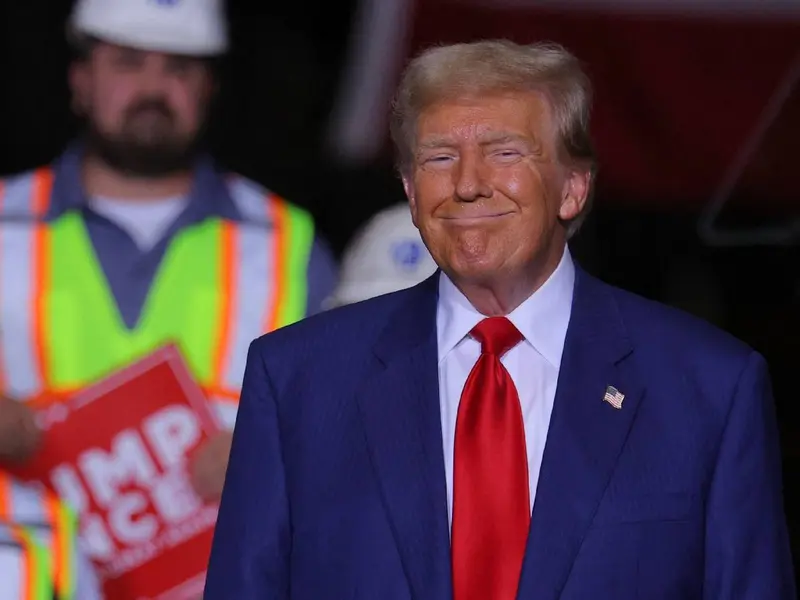Donald Trump, the Republican candidate for president of the United States, has announced a proposal that has generated great controversy and attention: the promise to offer free in vitro fertilization (IVF) treatments to all Americans who need them if he is elected president in November. This announcement, made at a rally in Michigan, comes in a context where reproductive rights have been a sensitive issue for Trump, especially after the Supreme Court’s decision in 2022 to eliminate federal protections for access to abortion.
Trump said that under his administration, the government or insurance companies would cover the cost of IVF treatments. However, he did not provide specific details on how this initiative would be funded. During an interview with NBC before the event, the former president suggested that insurers could be required by the government to cover these expenses, a proposal that has not yet been fully detailed.
The issue has taken on greater prominence after an Alabama court ruled that frozen embryos created through IVF should be considered “children.” The ruling has led some clinics to temporarily suspend their services, raising concerns among couples who rely on the technology to conceive. Trump, seeking to position himself as a champion of families, said, “We want more babies,” but offered no concrete plan to make his promise a reality.
The high cost of IVF treatments, which can exceed $20,000 for a single 18-month round, means that few Americans have access to insurance that covers them. Trump has also proposed that under his potential second term, new parents be able to deduct major expenses related to the birth of their children from their taxes, in an effort to present himself as a “pro-family” candidate.
Meanwhile, Vice President Kamala Harris, his Democratic rival in the race, has warned that Trump could sign a national abortion ban if he were to win, thus escalating the battle over reproductive rights in the country. The issue promises to be a central issue in the election campaign as both candidates seek to capture votes in the swing states.


